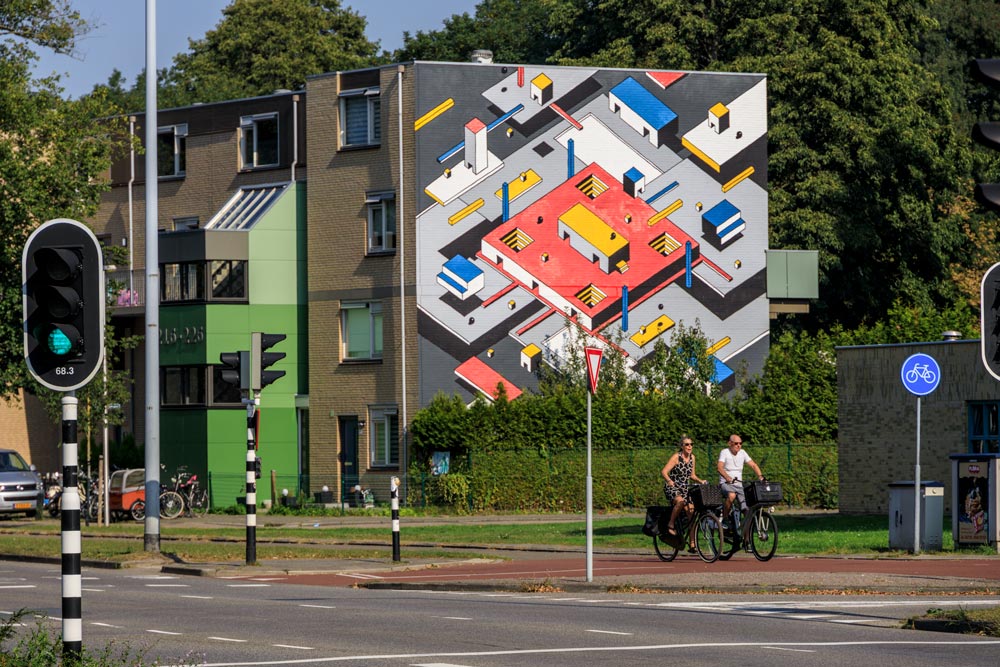Pilot Cities
At the heart of Urban ReLeaf are six pioneering cities: Athens, Cascais, Dundee, Mannheim, Riga and Utrecht.
Each city offers opportunities for citizen-centric innovation to improve participatory, and data-driven decision making related to climate change adaptation and greenspace planning.
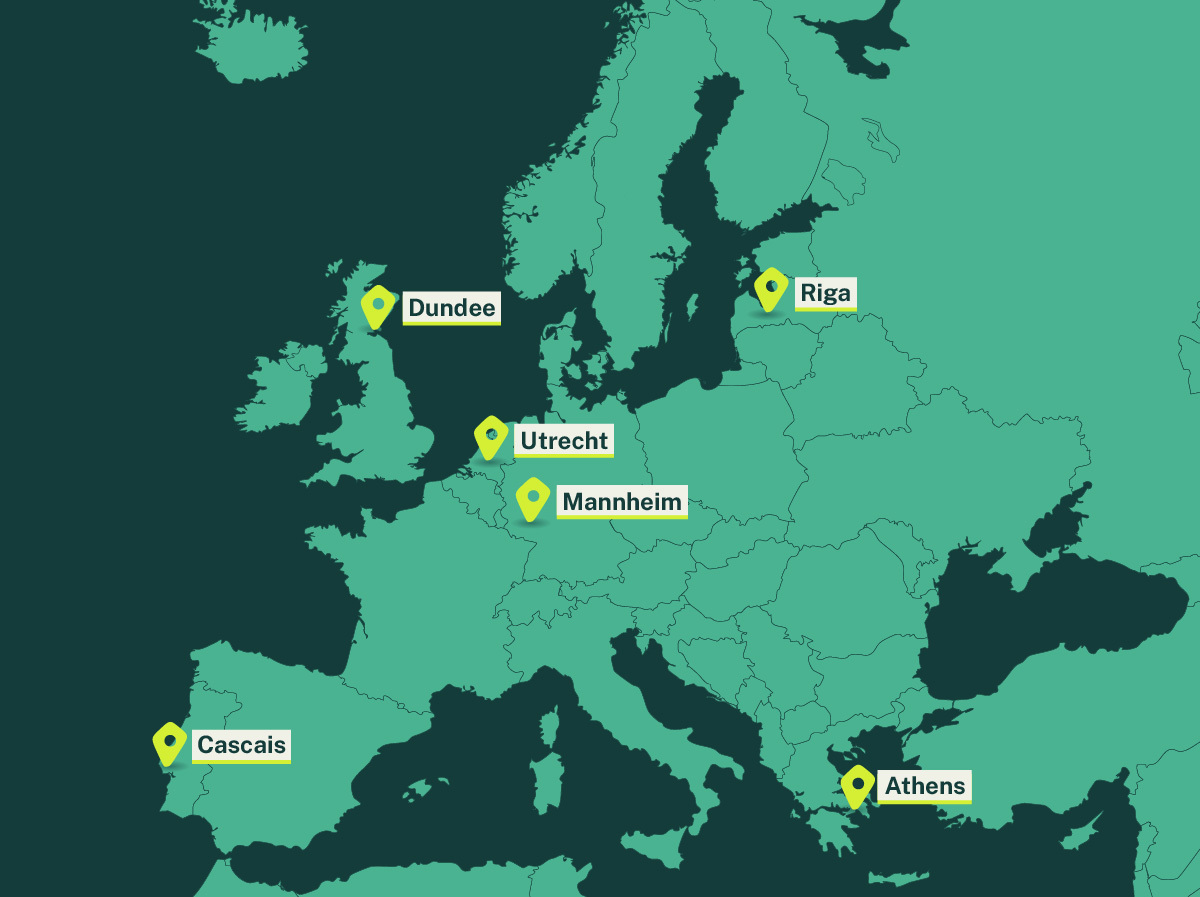
Keeping cities resilient, liveable,
and accessible for all.
Athens
The Greek capital faces severe heatwaves more often, while air pollution reaches high levels both during the winter and summer.
To address these environmental challenges, Athens has been the first European city to appoint a Chief Heat Officer and is in an ongoing transformation to leverage its green infrastructure and planning. A citizen-powered tree inventory will contribute critical data for better monitoring and management of greenspaces.

Cascais
The Cascais Climate Change Adaptation Action Plan (2017) was the first of its kind in Portugal.
Despite progress, assessing the value of urban green infrastructure remains a major challenge. However, by sharing experiences and reporting thermal comfort levels while utilising urban green spaces, citizens can provide valuable information to address this issue effectively.
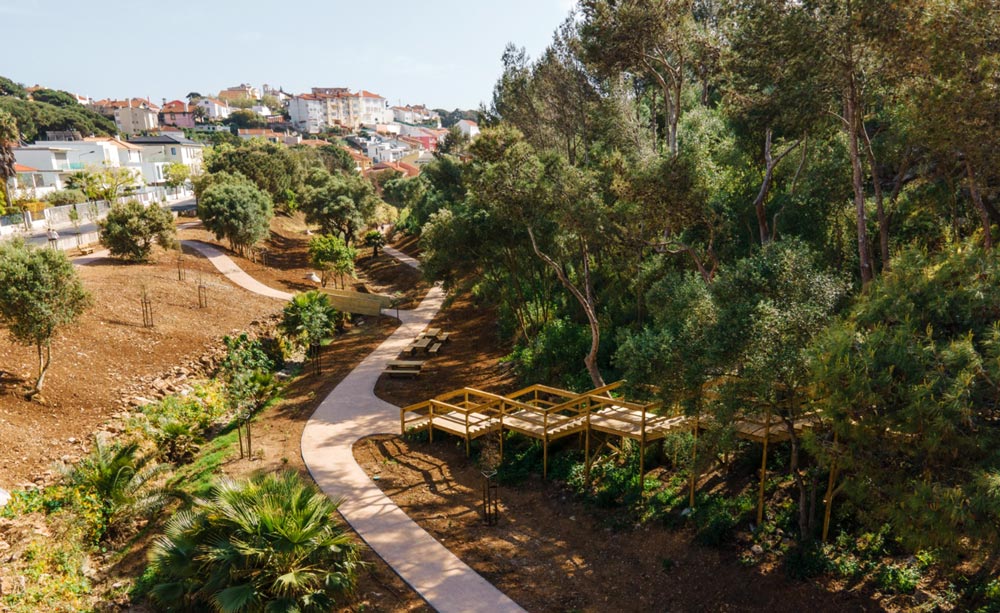
Dundee
Dundee is Scotland's greenest city, it declared a climate emergency and published a Climate Action Plan in 2019.
It is densely populated, facing a notable presence of grey infrastructure, and comparatively little green and blue spaces in deprived areas. To enhance the quality and accessibility of such spaces for everyone, climate resilience initiatives will be collaboratively developed with citizens and various stakeholders.
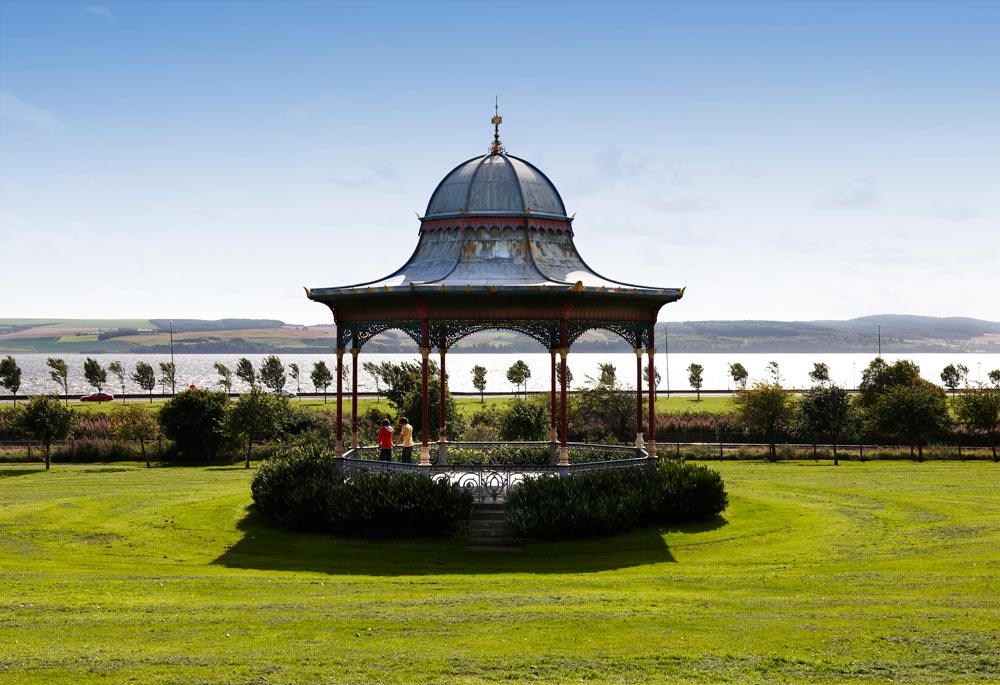
Mannheim
Known as one of Germany's hottest cities, Mannheim has become a pioneer by in approving a heat action plan to safeguard its most vulnerable residents.
Developing a comprehensive tree registry with help of citizen observations on mature trees and trees on public land will support urban climate protection and adaptation measures. (Photo © Stadt Mannheim/Daniel Lukac)
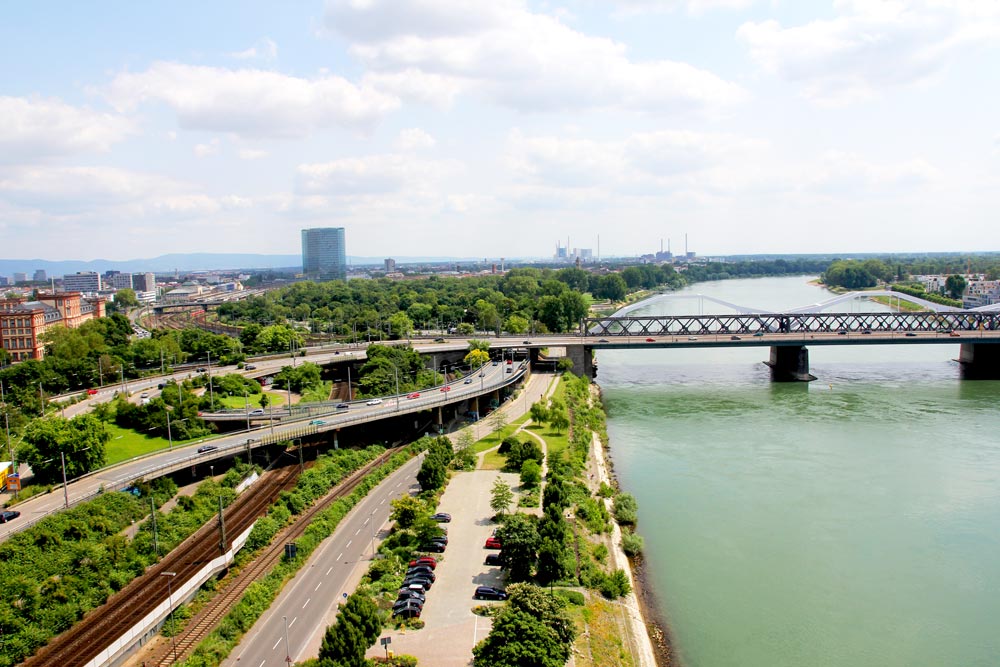
Riga
The Latvian capital a has a considerable 25% greenspace coverage within its borders.
Nonetheless, there is a lack of systematic urban greenspace planning. To address this there is a growing desire for a citizen-oriented approach, involving multiple perspectives and data on the urban environment to enhance decision-making processes and ensure better informed outcomes.
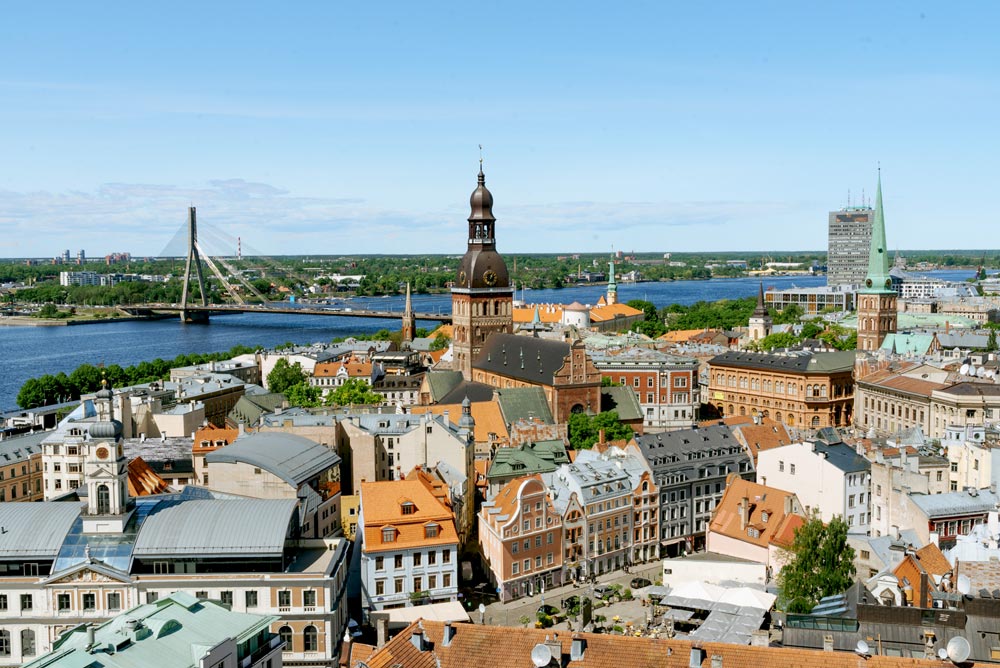
Utrecht
Whilst its population is growing rapidly, Utrecht is also affected by climate change.
Drier and warmer summers create more pronounced urban heat islands. Hence, making the city greener and more heat resilient for everyone is a priority. Together with residents and city stakeholders, actions are co-created to collect data on temperature, air humidity and heat stress to make climate change adaptation more effective.
